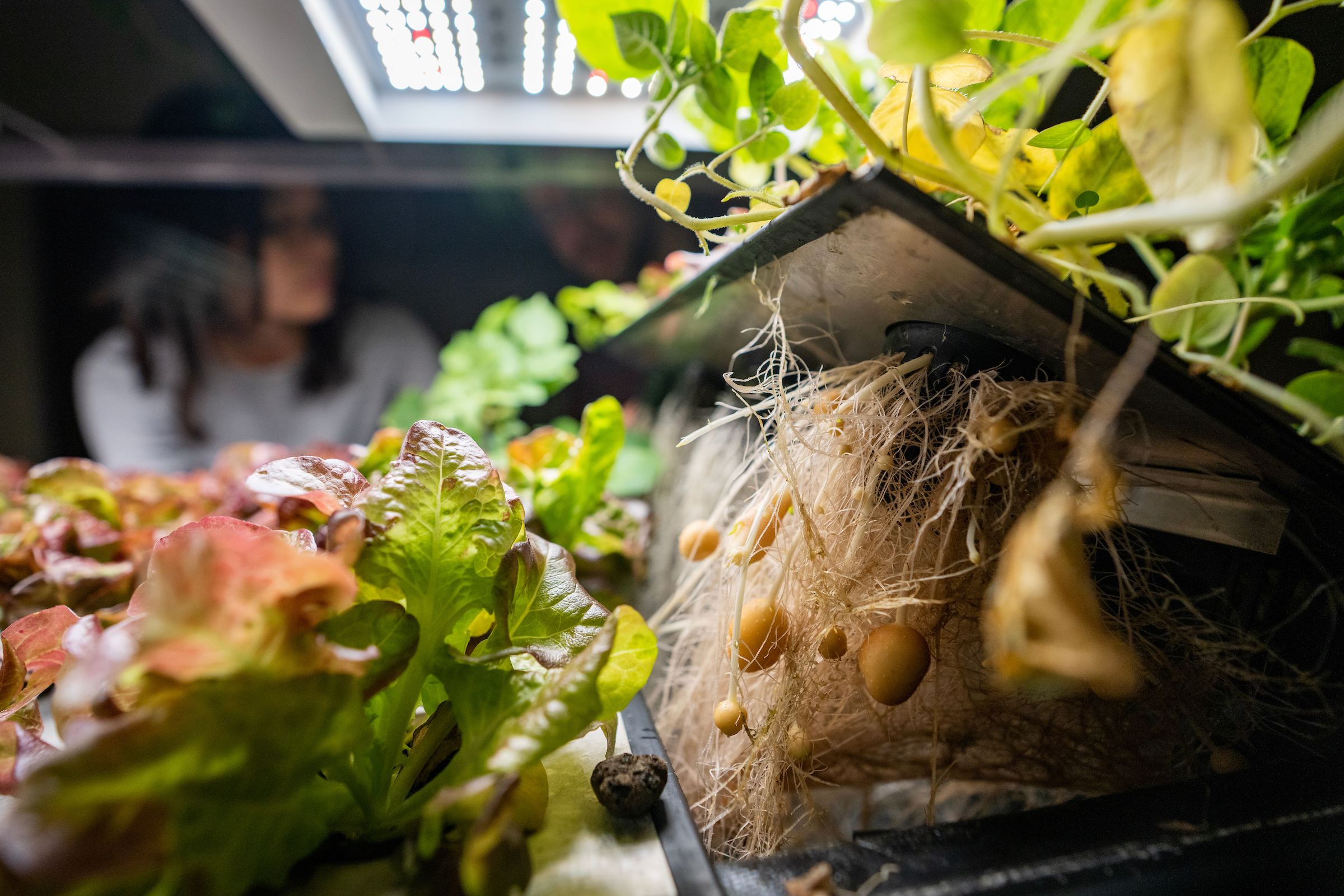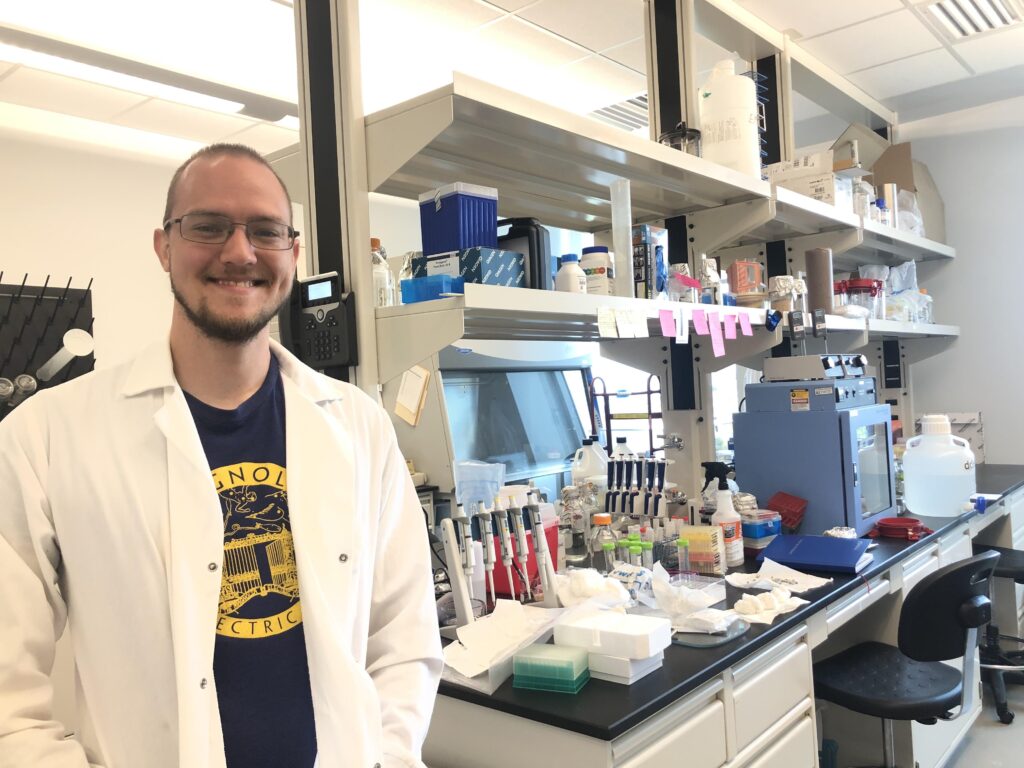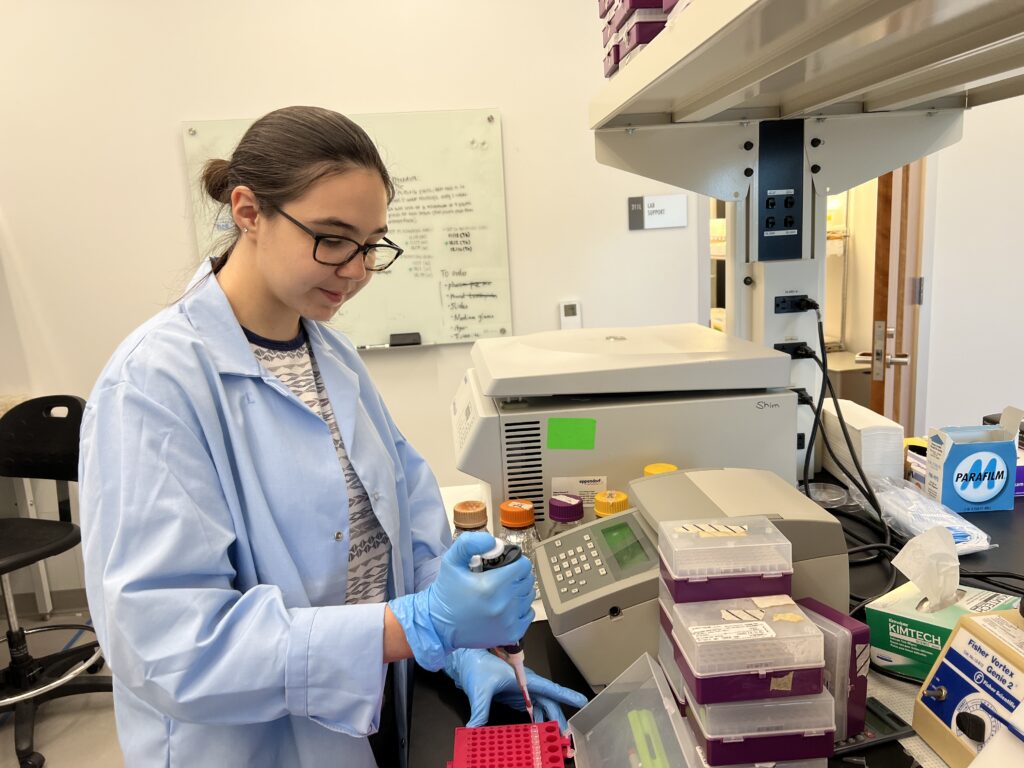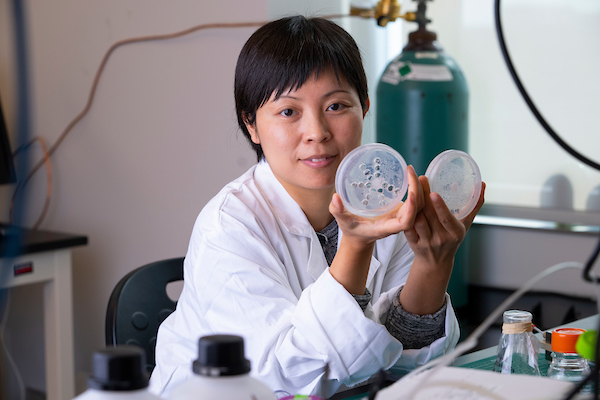
Research in Plant Pathology and Microbiology
The Department of Plant Pathology and Microbiology is comprised of nationally and internationally known faculty recognized for a wide range of expertise in plant pathology and plant microbiology, including plant disease resistance, genomics, molecular aspects of plant-microbe interactions, microbiome, field strategies for disease management, as well as biofuels and microbial environmental remediations. We also have Extension Specialists located in College Station main campus as well as at Texas A&M AgriLife Research and Extension Centers across the state. Additionally, we have Texas A&M AgriLife Research faculty whose academic home is the Department of Plant Pathology and Microbiology. These researchers, along with our adjunct faculty, serve on graduate student committees and address plant pathology issues across the state.
Areas of Research Expertise
Bacteriology and Microbiome
Biotechnology and Synthetic Biology
- Susie Dai
- Kranthi Mandadi
Disease Resistance
Ecology and Evolutionary Biology
Epidemiology and Modeling
Pathogenic Fungi and Mycology
Host-Pathogen Interactions
Integrated Disease Management
Virology
Graduate Research Opportunities
Graduate students in the Department Plant Pathology and Microbiology will have the opportunity to take part in research opportunities consistent with their educational passion. Students will pair with our world-class faculty to address the needs and challenges of the industry.

Undergraduate Research Opportunities
Our undergraduate students are provided with a wide-range of research opportunities that will enhance their academic experience. Students will work with faculty members as they work to create knowledge, develop critical thinking and refine their problem-solving skills.

Plant Pathology and Microbiology Research in the News

A novel approach for removing micro plastics from water
A new study led by Huaimin Wang., Ph.D., has identified what may be a novel biological approach for removing extremely small and potentially dangerous plastic particles from water.
Learn About Plant Pathology and Microbiology Extension
The Department of Plant Pathology and Microbiology balances the need of a land-grant institution to solve immediate agricultural problems and investigate basic biologic principles. The department encompasses projects that attack applied problems like plant disease control with both classical and modern approaches.